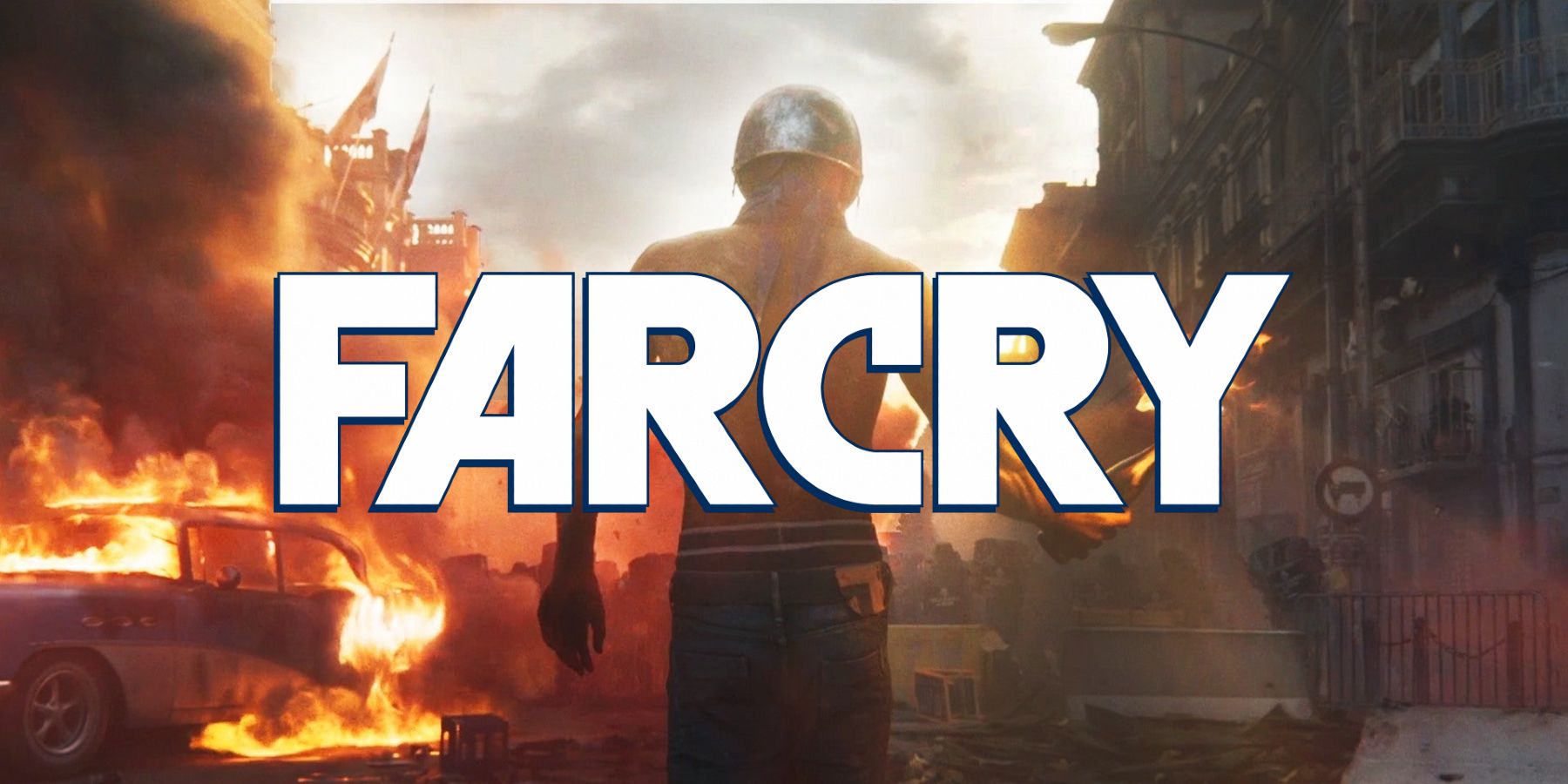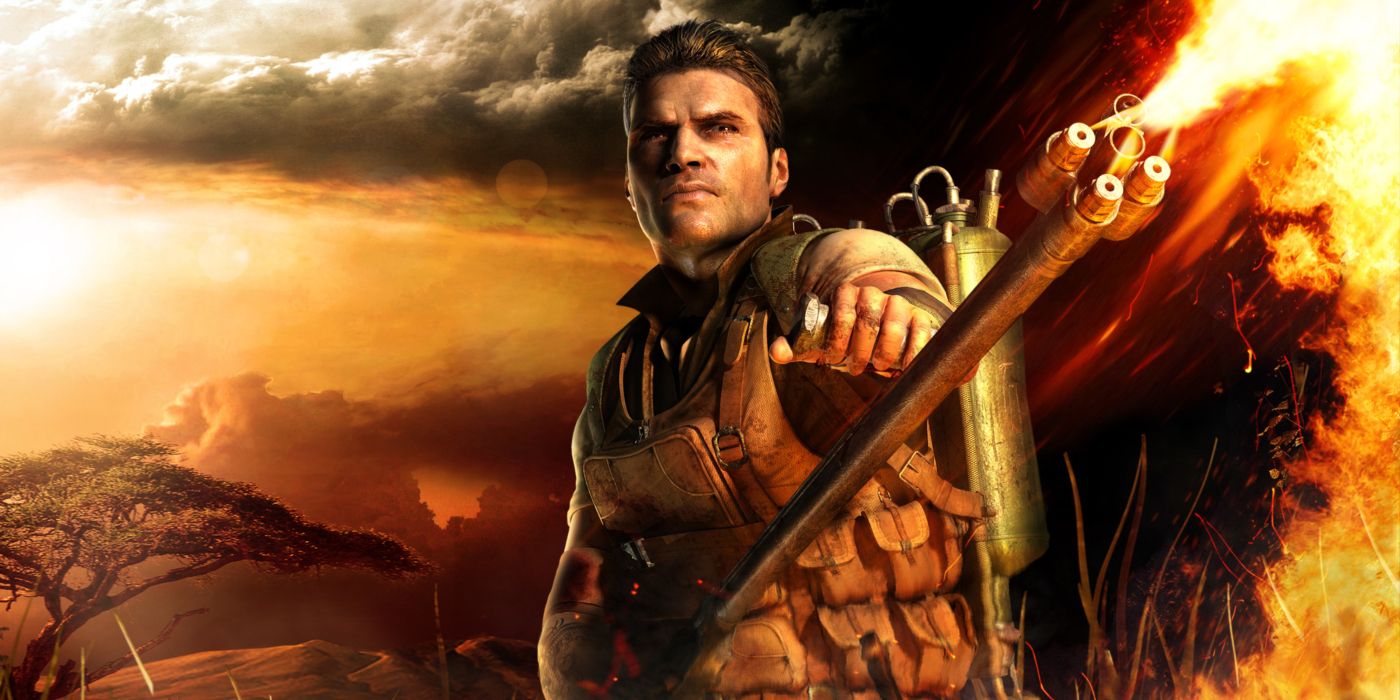The future of the Far Cry series is already being considered before the newest entry, Far Cry 6, is even released. According to an industry insider, Far Cry 7 will radically change things up. There were no details given on exactly how Ubisoft plans to shake up the formula - only that Far Cry might head in a different direction. A change in pace wouldn't be a complete surprise, however, and might even be more than welcomed, since the formulaic nature of many of Ubisoft's largest franchises is usually players' chief complaint.
Ubisoft has pulled something like this before. Though always open-world in some capacity, the Assassin's Creed series has fully embraced massive, wide-open maps in the most recent (and arguably bloated) AC games. Assassin's Creed Origins shifted the series drastically, taking things from mostly action to true action-RPG. A similar change may be what Ubisoft is looking to do with Far Cry 7.
Far Cry, like Assassin's Creed, has become stagnant in many ways. While things changed between Crytek's original, 2004 Far Cry and its successors, the games have largely been the same since Ubisoft's 2012 Far Cry 3. Each game introduces some new mechanics in addition to a unique setting, but even the more creative spin-offs like Blood Dragon and Primal are still routinely Far Cry in their design, tasking players with taking out enemy strongholds, collecting resources for crafting and upgrades, etc. Although Far Cry 7's supposed changes aren't actually confirmed, it's interesting to ponder how the franchise might evolve beyond its current form.
How The Series Could Change After Far Cry 6
Oddly enough, in order to evolve Far Cry beyond its sixth installment, Ubisoft might want to look to the series' past. The recent games have centered around the player traversing wildernesses and squaring off against mercenaries or hostile militaries, but Far Cry 2 made an attempt at realism and survival mechanics. Far Cry 2 had a diegetic map, an irritating but interesting Malaria mechanic, weapon degradation, and more.
Between hits like Rust and Valheim, the survival game genre seems to have considerable staying power. Leaning into the danger of Far Cry's remote locations could be a good way to switch up the series' gameplay. Far Cry 2's Malaria component was ill-conceived, but other immersive systems like a physical map might help the world feel more realized. Weapon degradation is often more annoying than not, but Far Cry 6's crafting is already moving the series into similar territory.
Merely harkening back to the past does not constitute a radical change, though, and Far Cry might do well to drastically change the pace of play. The series has turned into a power fantasy where, after the first few hours, approaching every situation guns blazing is equally as effective as stealth. This is fine for player agency but does not necessarily fit the bill of a narrative highlighting guerrilla warfare. Improving stealth mechanics and enemy AI, letting the player create elaborate traps or solve situations without a fight, and adding more bullet damage across the board could heighten the danger, delivering similar but refreshed gameplay and grounding the narrative.
A deeper skill tree or other additional RPG mechanics might also help prevent players from becoming overpowered. Many Far Cry games feature a protagonists unintentionally caught in a war zone; they shouldn't be good fighters right away, so letting players level up and collect better gear as they go could create a believable sense of progression.
Far Cry is starting to feel stale because of the bloat seen in other Ubisoft games. Embracing the series' survival roots while pivoting to more dangerous, narratively conscious situations might help revitalize it for Far Cry 7 without compromising its signature gameplay hooks.


